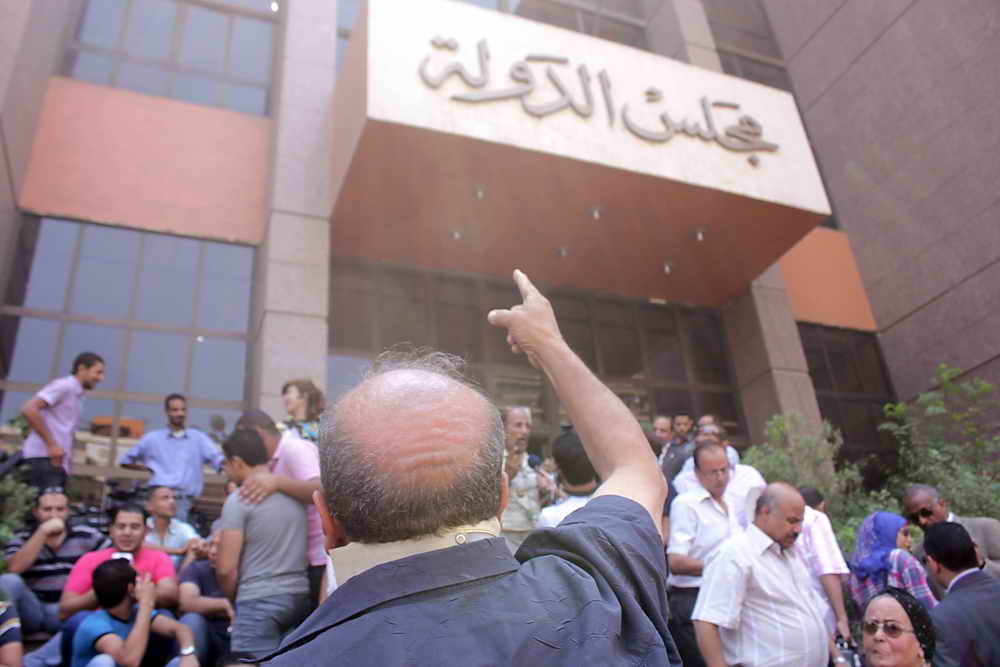The Qena Criminal Court postponed Tuesday the verdict on 13 police officers in the case of torturing Egyptian citizen Talaat Shabeb to death in Luxor.
Four commissioned police officers and nine non-commissioned police officers are defendants in the case.
The officers were referred to court on 5 December after the forensic medicine department filed a medical report revealing fractures to Shabeb’s neck and back that resulted in his spinal cord being severed.
Shabeb was arrested in November on suspicion of possessing drugs. He was taken to a Luxor police station, wherein it is alleged that he was tortured to death.
Shebeb’s case has received the support of human rights organisations and lawyers. Both groups attended the trial in his defence.
The death of Shabeb sparked anger in Luxor, leading to minor protests and demonstrations. More than a dozen protesters were arrested in front of the hospital where Shabeb died.
Protesters also damaged several police cars and staged riots around the main police station in Luxor. During the protests, the angry demonstrators called Shabeb a “new Khaled Said”.
Said is a known victim of police brutality. His incident is widely viewed as one of the main reasons for igniting the 25 January Revolution in 2011.
A similar reaction to the death of Shabeb took place when a police officer shot a driver dead in Cairo’s Al-Darb Al-Ahmar neighbourhood over an argument. As knowledge of the incident spread, angry protesters surrounded the Cairo Security Directorate.
There have been several cases of people dying in police custody over the past week, causing anger among the general public, prompting police officials to describe such incidents as “isolated incidents” or “individual acts”.
The trial witnessed a heavy presence of police forces that surrounded the vicinity of the court house in anticipation of angry reactions from the family of the victim.


